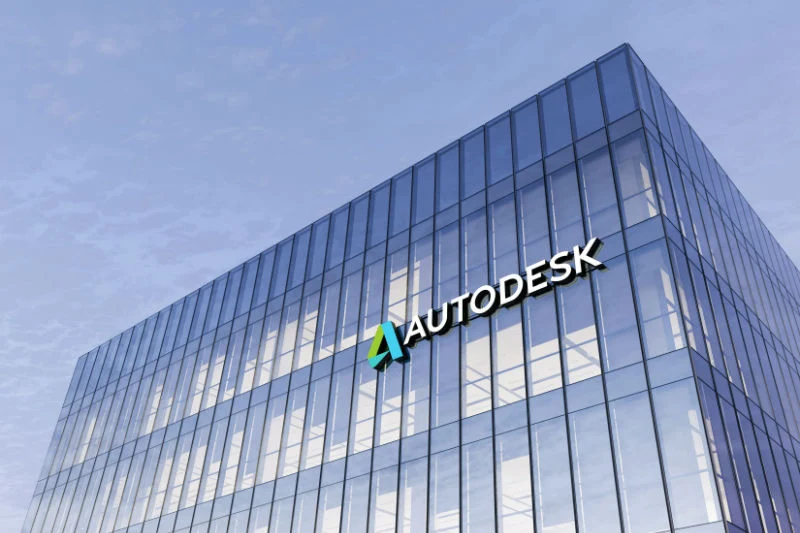Starboard Value Targets Autodesk with Proxy Battle Over $500 Million Stake
 |
| Activist Investor Seeks Board Overhaul and Margin Boost / Reuters |
Starboard Value, a well-known activist investor, is preparing to launch a proxy fight at Autodesk Inc (NASDAQ:ADSK), leveraging its substantial stake valued at over $500 million to push for significant changes within the software development giant. According to a detailed report from the Wall Street Journal, Starboard intends to nominate a minority slate of director candidates at Autodesk’s upcoming annual meeting, signaling a bold move to reshape the company’s leadership and strategic direction. This development underscores ongoing tensions between the hedge fund and Autodesk, fueled by Starboard’s belief that the company has lagged behind the broader software market in recent years. The activist investor is advocating for improved profit margins, a comprehensive board overhaul, and a critical reassessment of CEO Andrew Anagnost’s tenure, citing persistent underperformance and missed opportunities as key motivators for their campaign.
The roots of this proxy battle trace back to earlier disputes, including a legal skirmish in 2024 where Starboard unsuccessfully attempted to block Autodesk from holding its annual board meeting. At that time, the hedge fund accused Autodesk of misleading investors regarding an internal accounting investigation, a claim that stirred controversy despite the investigation concluding without necessitating financial restatements. Adding to the complexity, Autodesk’s stock has experienced a notable decline of nearly 12 percent in 2025, a downturn attributed to investor unease following the announcement of a global restructuring plan that will see approximately 9 percent of its workforce eliminated. This restructuring, combined with a challenging 2024 marked by delayed annual financial reports and the aforementioned accounting probe, has intensified scrutiny on Autodesk’s leadership and operational efficiency, providing Starboard with ample ammunition for its proxy fight strategy.
Starboard’s dissatisfaction with Autodesk is not a recent development but rather a culmination of long-standing grievances. In August 2024, the activist investor publicly called for the replacement of CEO Andrew Anagnost and urged cost-cutting measures, pointing to missed financial targets and a perceived inability to keep pace with competitors in the software industry. Their earlier legal effort in June 2024 to delay the annual meeting and reopen the board nomination window was thwarted by a Delaware judge, yet it highlighted Starboard’s determination to influence Autodesk’s governance. Now, with the proxy fight announcement, Starboard Value is escalating its approach, aiming to install directors who align with its vision of enhancing shareholder value through operational improvements and strategic realignment. The focus on margin improvement reflects a broader trend among activist investors targeting software firms, where profitability and efficiency are increasingly under the microscope as market dynamics shift.
Autodesk, a leader in design and engineering software, finds itself at a crossroads as it navigates these pressures. The company’s stock performance has been a sore point for investors, with the 12 percent drop in 2025 compounding a broader slump throughout 2024. The restructuring plan, while intended to streamline operations, has sparked concerns about its short-term impact on morale and productivity, further complicating Autodesk’s efforts to regain investor confidence. Starboard’s critique of CEO Andrew Anagnost centers on his leadership during this turbulent period, with the activist investor arguing that fresh perspectives at the board level could steer the company toward a more competitive stance in the software market. This proxy fight, therefore, represents not just a battle for control but a referendum on Autodesk’s current trajectory and its ability to adapt to an evolving industry landscape.
The stakes of this proxy battle extend beyond immediate governance changes, potentially influencing Autodesk’s long-term strategy and market perception. Starboard Value’s track record with other companies, such as Match Group and Salesforce, demonstrates its willingness to engage in prolonged campaigns to achieve its objectives, though outcomes have varied. For instance, its 2021 proxy battle with Box resulted in a loss, suggesting that Autodesk may have a fighting chance to defend its current board if it can rally shareholder support. However, the lack of immediate public responses from either Autodesk or Starboard following the March 18, 2025, announcement indicates that both sides are likely strategizing their next moves, with further developments expected as the annual meeting approaches. Investors and industry observers are keenly watching how this unfolds, given Autodesk’s prominence in the software sector and the broader implications for activist-driven corporate shakeups.
For those tracking the Autodesk proxy fight developments, the situation remains fluid, with key questions lingering about the company’s response and the potential impact on its stock valuation. Starboard’s over $500 million stake provides significant leverage, but success will hinge on persuading other shareholders that its proposed changes outweigh the risks of disruption. Autodesk’s leadership, meanwhile, faces the challenge of defending its restructuring efforts and articulating a clear path forward to counter Starboard’s narrative of underperformance. As this proxy battle progresses, it promises to shed light on the broader dynamics of activist investing in the tech sector, where balancing innovation, profitability, and shareholder expectations remains an ongoing struggle. Stakeholders are advised to monitor updates closely, as the outcome could redefine Autodesk’s future and set a precedent for similar conflicts in the industry.



Comments
Post a Comment